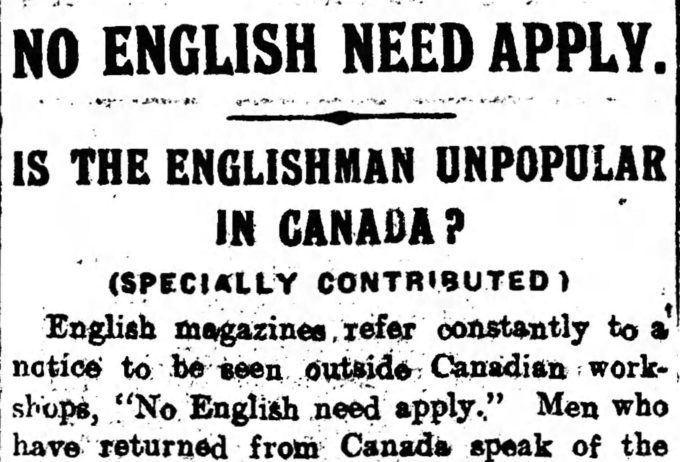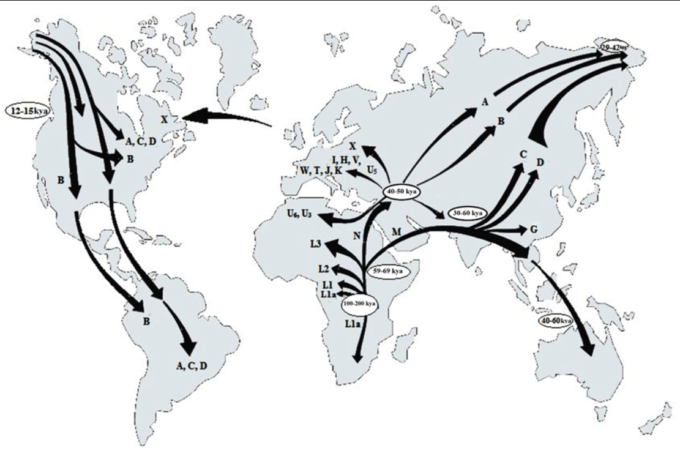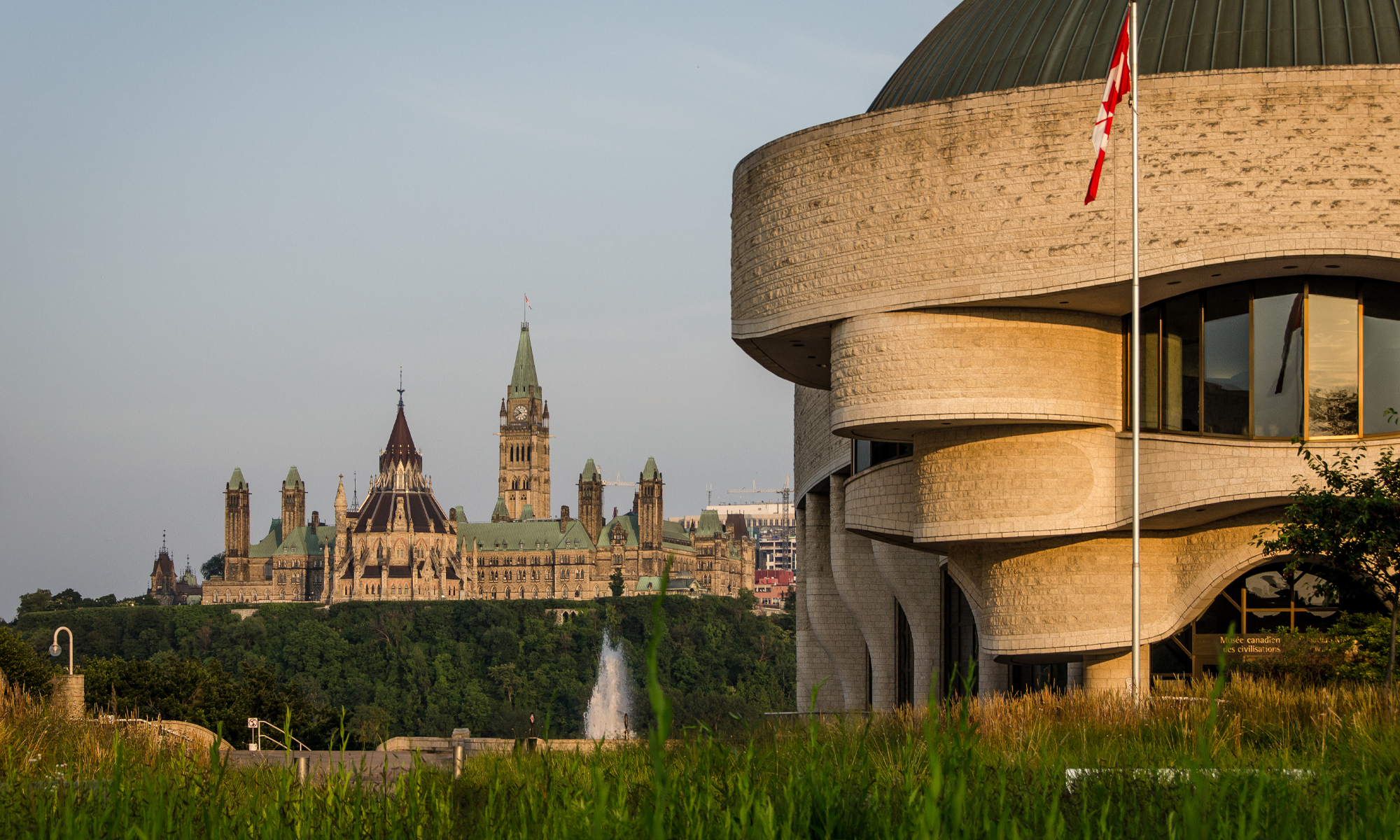It’s St George’s Day and Shakespeare’s birthday. Will there be parades to celebrate?

There’s a history of Anglophobia in Canada, as illustrated by this article from 1913. Anglophobia, an aspect of Allophobia, fear of others, is a burden that, unfortunately, must frequently be carried by any immigrant, especially visible minorities.
From the long-term perspective, people are not rooted — but routed on the planet Earth. We all spring from African roots along tortuous paths through the generations.

The English are a mixture of peoples who arrived thousands of years ago, while Great Britain was attached to the European mainland until Doggerland was flooded, then invasions of Romans, Norse, Normans and others; in more recent times, the UK has welcomed, sometimes not so warmly, the arrival of groups looking to make a better life for themselves and their families available in the UK.
A modern equivalent of Anglophobia parades under the guise of decolonization. Disparate voices coalesce around it and around issues such as inequality, climate change, and education.
Decolonization asks us to consider our relationship with lands occupied by indigenous peoples for time immemorial (old beyond memory). It does not lay blame on present generations. Instead, it seeks to increase knowledge and understanding of different cultures, and England’s is no exception.
Today engage with English culture through books, films, and other media. Enjoy a diet of fish and chips, bangers and mash, shepherd’s pie, sausage rolls, Yorkshire pudding — and curry. Finish with various sweet treats like scones, Eccles cakes, and trifles. Wash it down with beer, ale, stout or a cup of tea.
There isn’t an International Day to Combat Anglophobia; 23 April would be ideal.


Decolonization seems to me always promoting destroying history without acknowledging its historical context. As family historians, surely we know one can’t view a historical event and turn a 21st century set of values on our previous history.
It just was what it was. Often brutal, often misguided, often uneducated. But it was what it was. Point final. Cheers, BT
I totally agree with Brenda Turner.
I agree with both Brenda Turner and Brenda Maitland about trying to impose today’s values (if anyone can explain a ‘nation’s values’ on the past.